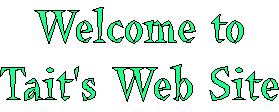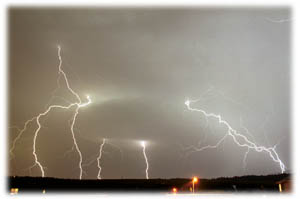| |
URLPARAM{"name"} -- get value of a URL parameter
- Returns the value of a URL parameter.
- Syntax:
%URLPARAM{"name"}%
- Supported parameters:
| Parameter: | Description: | Default: | "name" | The name of a URL parameter | required | default="..." | Default value in case parameter is empty or missing | empty string | newline="$br" | Convert newlines in textarea to other delimiters. Variables $br (for <br /> tag), $n (for newline) are expanded. Other text is encoded based on encode parameter. | no conversion | encode="off" | Turn off encoding. See important security note below | encode="safe" | encode="quote" | Escape double quotes with backslashes (\"), does not change other characters; required when feeding URL parameters into other TWiki variables. This encoding does not protect against cross-site scripting. | encode="safe" | encode="moderate" | Encode special characters into HTML entities for moderate cross-site scripting protection: "<", ">", single quote (') and double quote (") are encoded. Useful to allow TWiki variables in comment boxes. | encode="safe" | encode="safe" | Encode special characters into HTML entities for cross-site scripting protection: "<", ">", "%", single quote (') and double quote (") are encoded. | (this is the default) | encode="entity" | Encode special characters into HTML entities. See ENCODE for more details. | encode="safe" | encode="html" | As encode="entity" except it also encodes newline (\n) and linefeed (\r) | encode="safe" | encode="url" | Encode special characters for URL parameter use, like a double quote into %22 | encode="safe" | multiple="on"
multiple="[[$item]]" | If set, gets all selected elements of a <select multiple="multiple"> tag. A format can be specified, with $item indicating the element, e.g. multiple="Option: $item" | first element | separator=", " | Separator between multiple selections. Only relevant if multiple is specified | "\n" (newline) |
- Example:
%URLPARAM{"skin"}% returns print for a .../view/TWiki/VarURLPARAM?skin=print URL
-
 Notes: Notes:
- IMPORTANT: There is a risk that this variable can be misused for cross-site scripting
 (XSS) if the encoding is turned off. The (XSS) if the encoding is turned off. The encode="safe" is the default, it provides a safe middle ground. The encode="entity" is more aggressive, but some TWiki applications might not work.
- URL parameters passed into HTML form fields must be entity ENCODEd.
Example: <input type="text" name="address" value="%URLPARAM{ "address" encode="entity" }%" />
- Double quotes in URL parameters must be escaped when passed into other TWiki variables.
Example: %SEARCH{ "%URLPARAM{ "search" encode="quotes" }%" noheader="on" }%
- When used in a template topic, this variable will be expanded when the template is used to create a new topic. See TWikiTemplates#TemplateTopicsVars for details.
- Watch out for TWiki internal parameters, such as
rev, skin, template, topic, web; they have a special meaning in TWiki. Common parameters and view script specific parameters are documented at TWikiScripts.
- If you have
%URLPARAM{ in the value of a URL parameter, it will be modified to %<nop>URLPARAM{. This is to prevent an infinite loop during expansion.
- Related: ENCODE, SEARCH, FormattedSearch, QUERYSTRING
|





